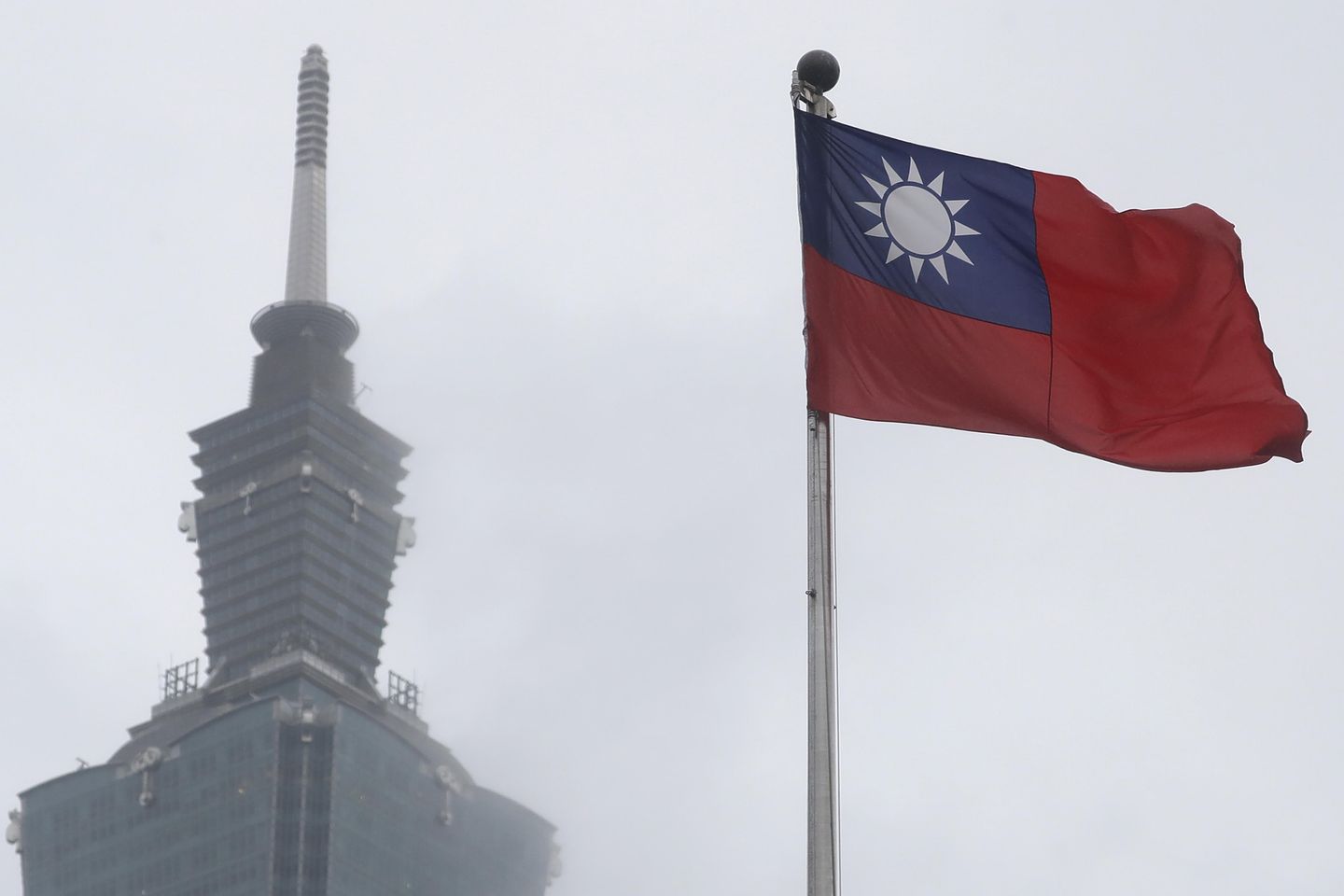
A delegation of Taiwanese officials and civic leaders is calling for an intelligence-sharing pact among the U.S., Japan and their island democracy to help counter the Chinese Communist Party’s designs on the Pacific and beyond.
The Taiwanese officials said such an agreement would be a key step forward in cooperation and coordination between Washington and Taipei and would represent a significant U.S. geopolitical statement that Taiwan is a trusted security partner in an increasingly tense and strategically vital region. A formal arrangement could be similar to the “Five Eyes” intelligence-sharing group of the U.S., Britain, New Zealand, Australia and Canada. Analysts warn of increasing Chinese political warfare and influence operations targeting Taiwan and Beijing’s preparations for a military invasion of the island.
“We don’t have a formal exchange system, including classified information and crisis notifications,” said K.J. Hsu, a judge in Taipei District Court, part of a national security and military division within Taiwan’s civilian justice system. “We can be trusted … and want to team up together.”
In an exclusive interview with The Washington Times before the U.N. General Assembly meeting in New York next week, Mr. Hsu and the rest of the Taiwanese delegation pressed for Taipei’s inclusion in the United Nations and other key international organizations. Taiwan has long pressed for inclusion in the United Nations, but China’s status as a permanent member of the Security Council has made such a step difficult, if not impossible.
The delegation said any U.N. recognition of Taiwan should include the name “Taiwan,” not another term for the island, such as “Chinese Taipei.”
“It is still very meaningful for Taiwan using the right name to join,” said Anna Tung, the event CEO of the Taiwan United Nations Alliance. “It’s like an entry ticket to the world. It can make a lot of things easier to happen.”
Ambassador Alexander Tah-ray Yui, Taiwan’s official representative in Washington, told The Times in an exclusive interview last year that a core tactic of Beijing’s campaign to keep Taiwan from gaining U.N. recognition has been Chinese officials’ calculated mischaracterization of General Assembly Resolution 2758. He said Beijing wrongly claims the 1971 resolution, which first recognized China’s member status in the United Nations, somehow precludes Taiwan from participating in the world body, even though the United Nations recognized Taipei before 1971.
Taiwan has long been a key partner of the United States. It is a thriving democracy in the Indo-Pacific and a technological powerhouse, particularly in advanced microchips. Several of the most iconic and influential American brands — including Apple, Intel, Microsoft and Lockheed Martin — are deeply invested in or heavily reliant on the island’s chips sector.
For years, the question of whether the U.S. would intervene militarily in the event of a Chinese attack on Taiwan has been at the heart of American foreign policy considerations in the Pacific. Mr. Hsu said Taiwan has become an important “defensive weight” in the region and a key ally for the U.S. in the broad effort to halt China’s growing military and economic influence throughout the theater.
He said a memorandum of understanding establishing a formal intelligence-sharing agreement would make Taiwan even more formidable and strengthen U.S. power in the Pacific.
It’s not clear whether the Trump administration would consider such a move.
China is making a concerted effort to isolate Taiwan. Regional analysts have told The Times that China has had some success in peeling off Taiwan’s diplomatic allies, often with promises of development aid. In January 2024, the Pacific island nation of Nauru said it was switching diplomatic recognition from Taiwan to China. The move reduced the number of Taiwan’s formal diplomatic allies to 12 worldwide.
Other members of the Taiwanese delegation argued that China’s sophisticated campaigns, including through popular social media platform TikTok, aim to undermine nations such as the U.S. and to infiltrate media, academia and other key sectors with pro-communist messages.
“The CCP might not necessarily have the military capacity to defeat America. But it has the full capacity of infiltration and political warfare against America and against Taiwan” and elsewhere, said Tin-Wai Poon, a Taiwanese lawyer and political commentator.
• Guy Taylor contributed to this report.















